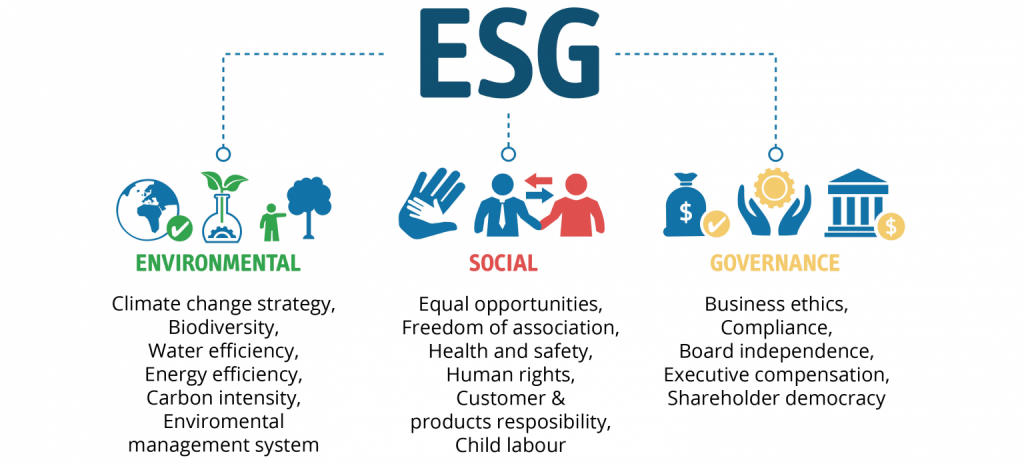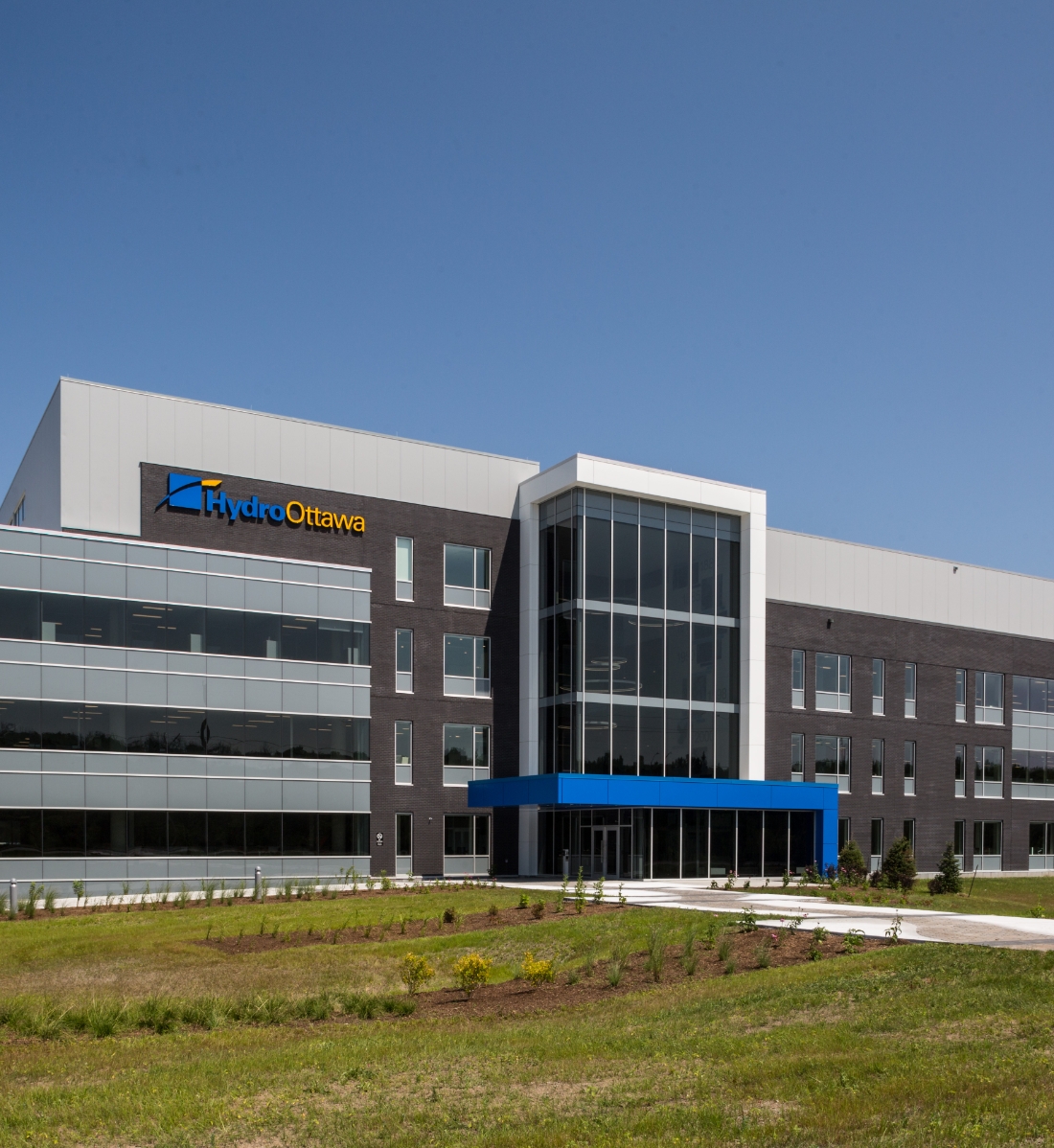The future is now.
As the climate continues to rapidly change, we’re seeing consumers move towards carbon-free lifestyles – which means their investments are too.
With the world looking to transition to a greener economy, more and more businesses are taking action against climate change. Net-zero commitments are becoming the norm – not only for governments, but for businesses of all sizes and industry as well.
In November 2021, in the lead up to COP26, the City of Ottawa and other local partners across our city joined the United Nations Race to Zero campaign, a global coalition of cities, businesses, and institutions to enact climate action.
Then in August 2022, the Government of Canada announced their net-zero challenge – a voluntary initiative open to all businesses in Canada that encourages the development and implementation of credible and effective plans to transition their facilities and operations to net-zero emissions by 2050.
As Tim Fargo, american author, investor and entrepreneur put it, “Good intentions might sound nice, but it’s positive actions that matter.”
Moving from ambition to action is where the real potential lies to earn brand loyalty, appeal to new eco-conscious consumers and increase profitability.
One for sustainability
For more than a decade, Hydro Ottawa Holding Inc. (Hydro Ottawa) has been on a journey of balancing growth with environmental protection and social responsibility, and a hallmark of their evolution has been a commitment to sustainability and Environmental, Social and Governance (ESG) performance.
Not only do they have an environmental management system and corporate social responsibility program in place, they are also a customer-centric organization that actively connects with stakeholders, supports community initiatives and conducts grass-roots outreach programs aimed at engaging youth and offering energy-efficiency solutions to their customers.
So it made sense when on December 15, 2021, Hydro Ottawa’s Board of Directors announced the acceleration of their transition to net-zero operations by 2030; a first for any municipally-owned utility company in Canada.
At the time, Hydro Ottawa President and CEO Bryce Conrad said, “You can’t wait for billionaires, governments or anyone else to act. You have to take responsibility for your own operations and impact on the environment.”
Reaching that goal will take every ounce of innovation and ingenuity the utility has to get there. And they’re making progress. “We know this is a big undertaking,” reflects Conrad,“but we also know it’s what’s best for our growing city, and for our customers. And we know that we can do this by joining our collective efforts.”

To ensure they have the scale, financial capacity, and culture of innovation necessary to deliver on this agenda, their strategy includes a continued focus on strategic business growth within core areas of strength. Their growth agenda involves four basic components:
- Electricity distribution: expanding their grid to accommodate new customers and continuing to evaluate opportunities to increase their service territory;
- Renewable generation: increasing the supply of clean energy for customers and earnings for their shareholder by making smart investments in renewable generation;
- Energy solutions: providing innovative and sustainable solutions to help consumers, businesses, public sector agencies, and communities meet their energy objectives; and
- Utility services: leveraging their assets and expertise to help other utilities to enhance the value they provide, creating new revenue streams and economies of scale.
- In addition to their own net-zero journey, over the coming years and months, the utility will be strengthening their role as a leading partner, a trusted energy provider and an enabler of change.
One for change
Preparing for the future, municipalities need innovative solutions to help modernize while also reducing greenhouse gas emissions. From LED street lights to energy-efficient retrofits and self-cooling buildings to EV chargers and electric public transportation, investing in partnerships can provide positive outcomes and the biggest carbon-mitigation return on investment and accelerate inclusive clean energy transitions.
In partnership with Zibi Canada and Kruger Products, Hydro Ottawa completed the construction and commissioning of the district energy plant which will provide zero-carbon heating and cooling to the Zibi community in downtown Ottawa and Gatineau.
They have also entered into an agreement with the Ottawa International Airport Authority to review GHG reduction projects and support the airport’s commitment to achieve net zero operations.
For large scale projects, feasibility studies form the foundation of success – providing insights on the economic, technical, financial, legal and environmental considerations.
For others, climate action planning starts with setting targets, measuring and reporting greenhouse gas emissions, assessing electric vehicle readiness or building automation systems and lighting solutions.
Fortunately for businesses of all sizes, a range of incentive and financing programs exist to reduce investment barriers to complete deep carbon reductions and become future ready.
Together, Hydro Ottawa and its affiliates are powering as one – building a sustainable, resilient, and vibrant future for the communities where their customers live, work and play.
This article first appeared in the Fall 2022 edition of Capital Magazine.


